Design
Before we explain the design development of Holst-Porcelain we would like to start with a general introduction about the word of “design”.
Design as a linguistic term
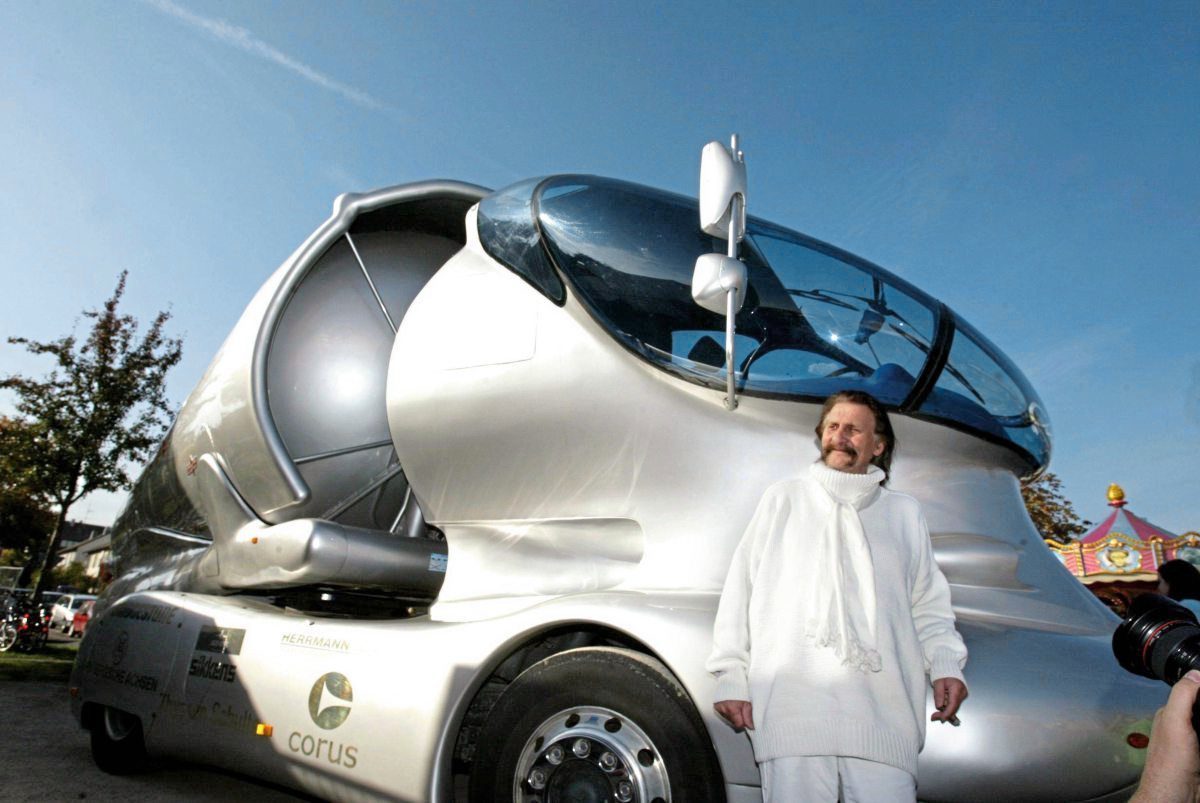
(Copyright: Badische Neueste Nachrichten)
Design. What a term... Hardly any other word in the German language is assigned as many meanings as design.
- Design (form, creation, creation)
- Design (etiquette, manner, character, charisma)
- Design (sketch, draft, creation)
- Design (usability software)
- Designer clothes (Gucci, Hermes, Cartier)
- Expensive design (status symbol)
- Ergonomic design (sunbeds, office chairs)
- Ambitious design (extraordinary shaping)
- Bauhaus Design (architectural clarity)
- Industrial design (mass production)
- Design spoiled (saturated with suggestions)
- Design concept (presentation of an idea)
- Designation (determination)
Despite the different perceptions and above all, despite the individual meaning, the word design ultimately unites a shaping with a resulting added value. Design often sells itself already through a brand.
Design as a sales skill
A real bad habit in many industries and markets is copying and imitating branded goods, which are usually distinguished by a special design. Since many years in Germany we have the "Plagearius", which awards an annual prize to the most audacious pirate copies. Another form of design abuse we call - very cautiously here - the suggestion of designer goods to convey a higher product value.
An example: A supplier advertises with the registered trademark (R) "Design I love". This slogan is quite close to the trademark "I'm loving it", which McDonald's has protected in more than 20 languages. Many products of this supplier are praised by an Italian attitude to life. The advertising underlines the explicit name of the alleged designer in a way known for branded products. We have looked up some of these "porcelain designers" but none of them are real awarded personalities:
- Giulia Vinciguerra
- Alessio Pollazzon
- Simona Di Pietro
- Emilio Bilinni
- amongst others
Beautiful names for cheap items! Whether the consumer really sees his design & brand claim fulfilled, if at the end a 14 pcs. coffee set is sold for 20 euros we may doubt.
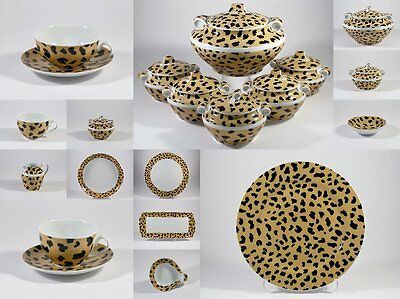
The first encounter with design porcelain took place at Holst Porzellan in 1982, when - under the direction of Dr. JR Winterling - the aim was to launch the design porcelain of the supposedly well-known Munich architect Anna Golin under the brand name of Winterling "Eschenbach". At that time, both the shapes (Volute) and the decors were truly innovative. Also in terms of quality and finish the product was really top. But at the end nobody knew "Anna Golin" and the consumer did not accept the design or the price range under the brand name Eschenbach Porzellan. The result was disastrous and was probably another milestone on the way to the bankruptcy of the Winterling group in 1999. Nothing makes a Winterling as a Rosenthal - and both brands were broke at the end.
This insight is one of causal elements on which our "simply & strong" collection is based.
Our design is function
In our expert knowledge we explain very detailed the evolutionary development of many items in our collection as an inspiration to reinvent our history with modern ascetics and functional elements. The best-known and most successful designers of these collections from Holst Porzellan are
- Cook
- Patissier
- Confectioner
- Waiter/waitress
- Master waiter
- F&B Manager
- Customer
- Problem s & problem solutions
because we're making tools for kitchen & table. With the demand of high functionality and a reasonable price we started our own brand Holst Porzellan in 1998 with the slogan "simply & strong" in real strong and high fired porcelain. Our experience in the HoReCa industry the near cooperation to the skilled personnel there, combined with our decades-old porcelain tradition - have helped us to create a collection by professionals for professionals. Far away from trends and fashionable aspects, our focus was mainly on the combination of functionality and price.
Vision & design claim
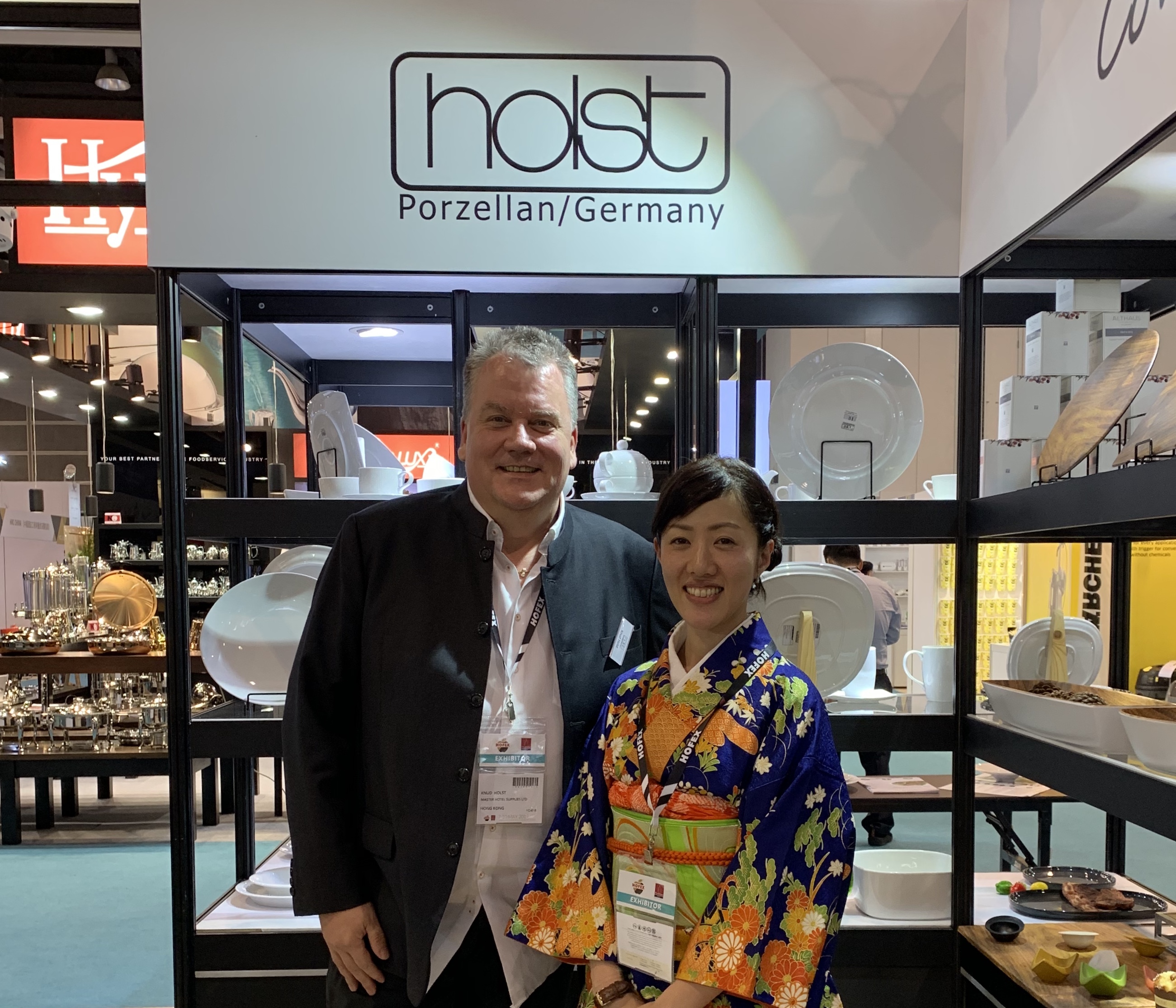
23 years after founding our brand of Holst Porzellan/Germany, the design and functional demands have changed. The concept and motto of "simply & strong" has been copied a hundred times and lost its unique position. Every retail chain now sells its own brands and even premium manufacturers such as Rosenthal, Hutschenreuther, Winterling, Eschenbach, Kahla and Walküre were no longer able to maintain their leading positions and all went bankrupt. In the case of many trading brand labels the former character of "plain & scrap" is now being replaced only as "scrap", and porcelain is losing out not only in price, but above all a lot in quality.
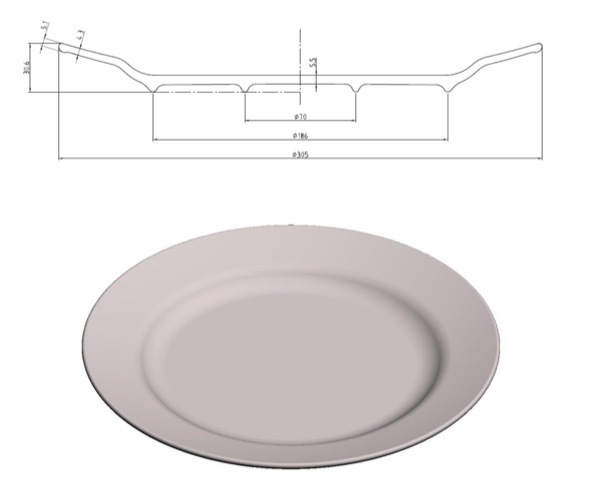
Today, we have 5 different porcelain qualities on the market and thus serve 5 different customer groups in the hotel, catering, communal catering, hospital and care sectors. In the past, as today, the ideas, shapes and designs come from our own customers. Today, however, we ensure the correct distribution to the respective production facilities and manufacturing techniques.
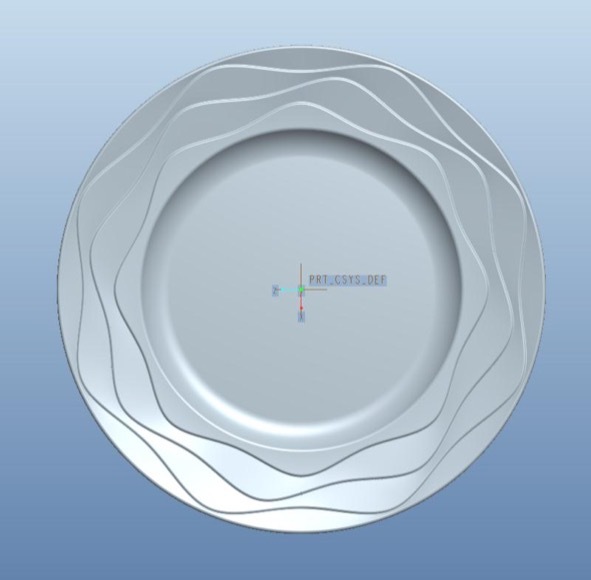
Whether for our own collection or for our OEM customers, we keep the design that collection has the desired quality and high functional propositions. In order to work like this a high level of international manufacturing competence is needed. Composition and reaction of the raw materials, type and kind of technique of shaping, temperature and firing, kilns and facilities for finishing, the general type of production (industrial or craft), care for workers, condition of the factory, and many other factors determine the decision at Holst Porzellan where and how we implement which design and when.
For us, design is above all the functional implementation, the usability and durability of porcelain. Alumina Porcelain, High Alumina Porcelain, reactive glazes on real porcelain (!) - these are the design visions we follow.
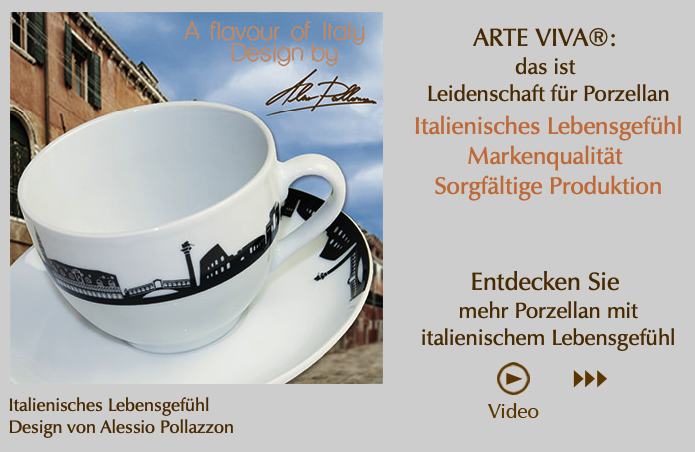
(Promotion of Italian lifestyle shall substitute quality & function - not our way)
In our cups, the Italian feeling is created by the coffee, cappuccino or latte poured into them and not by the porcelain! But we make sure that
1) the stability of the coffee lasts as long as possible,
2) the shape of the cup body conveys the flavour of the bean in the best possible way,
3) the waiter can carry "the thing" in the end,
4) the saucer can be used in as many ways as possible and
5) the cup can be stored in the best possible way at the storage location.
We understand all this as design!
